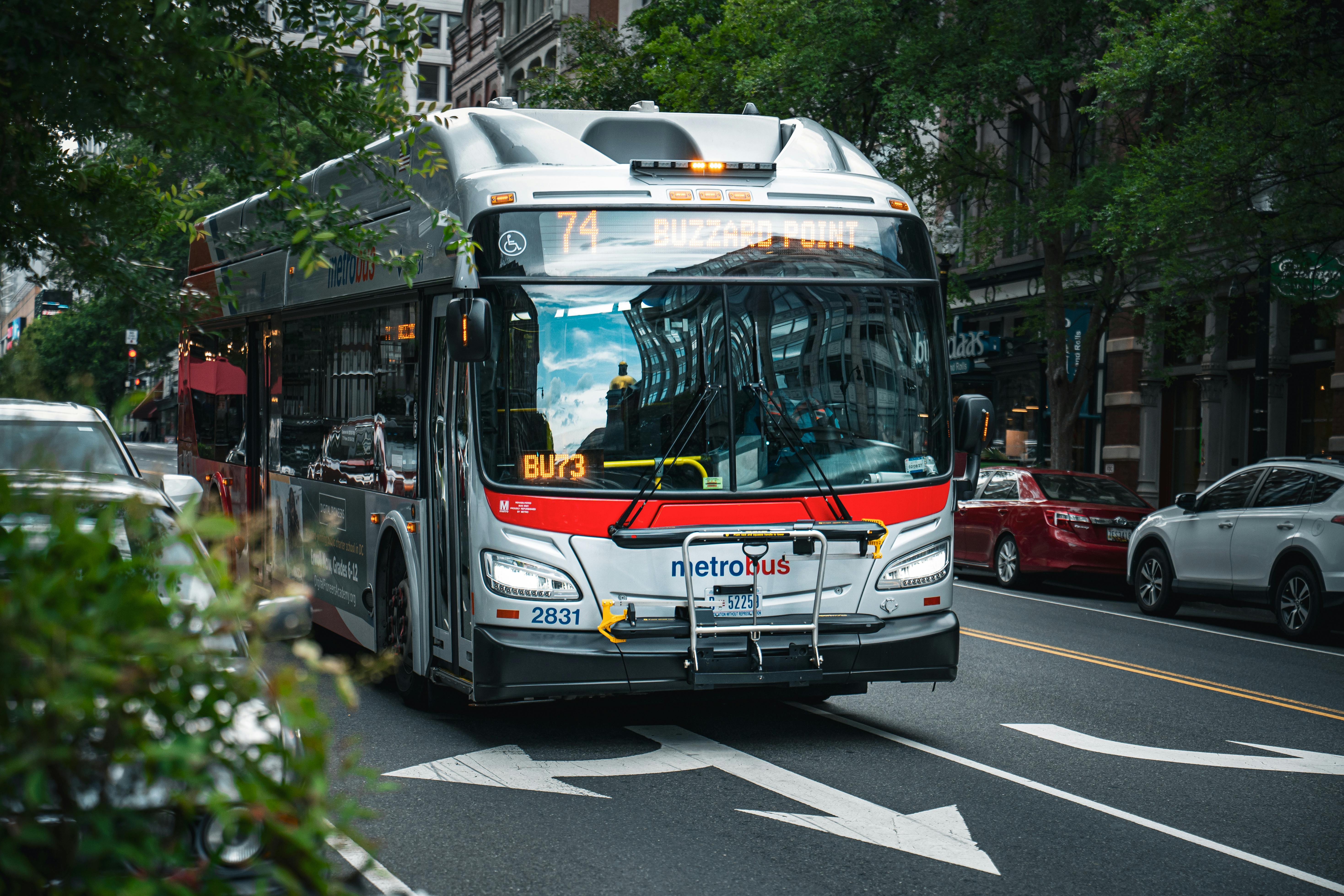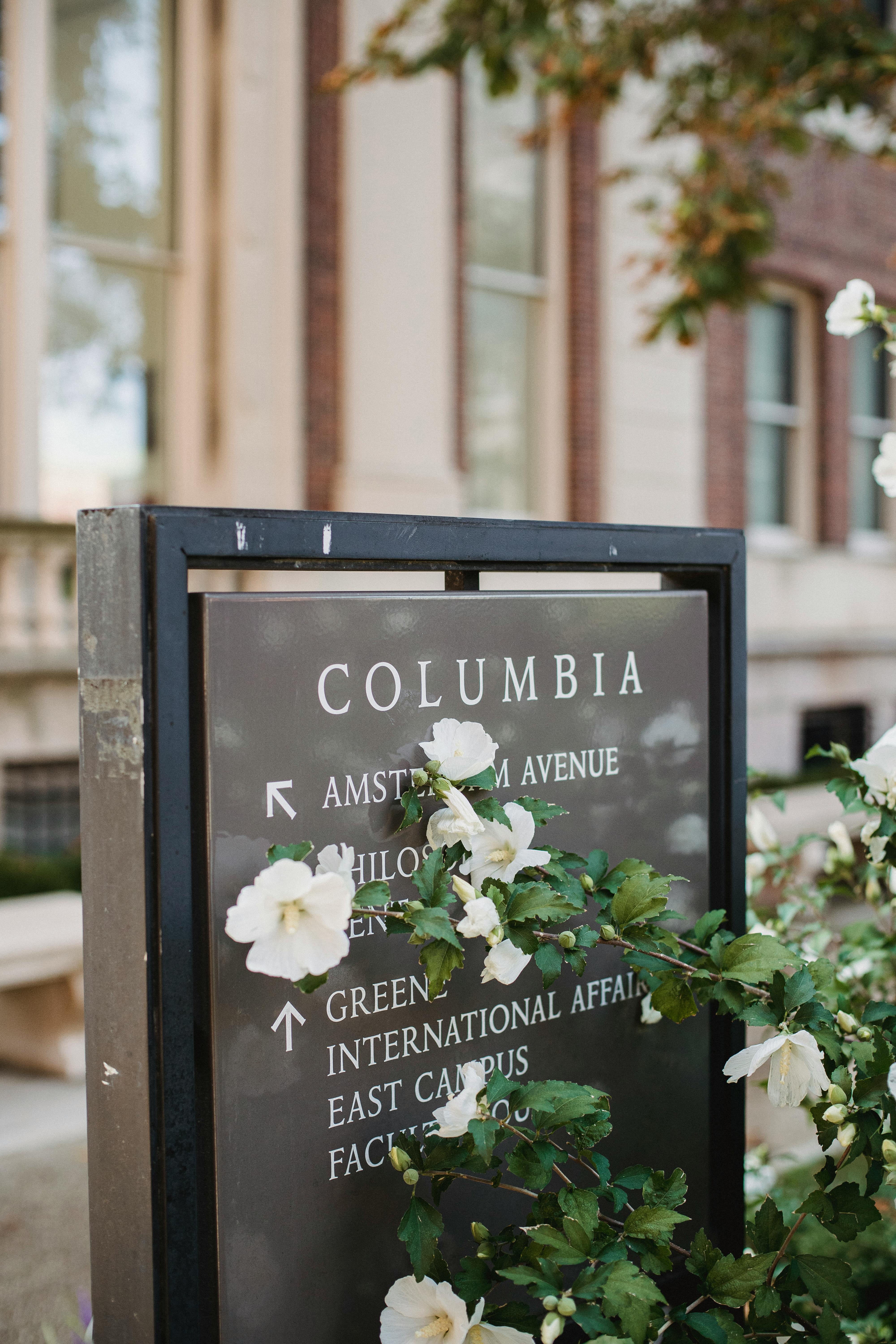Jeanine Pirro Confirmed as DC's Top Prosecutor
🕓 Estimated Reading Time: 5 minutes
Overview
Washington D.C. has a new top federal prosecutor following a pivotal Senate confirmation vote. On August 2, 2025, the U.S. Senate confirmed Jeanine Pirro, a prominent legal figure and former television host, to serve as the United States Attorney for the District of Columbia. Her appointment to this critical position signals a significant shift in the nation's capital's prosecutorial leadership, bringing a high-profile personality with a extensive background in law enforcement to the forefront of federal legal proceedings.

The role of the DC federal prosecutor, formally known as the U.S. Attorney for the District of Columbia, is one of the most demanding and politically sensitive legal appointments in the nation. This office handles all federal criminal prosecutions in Washington, D.C., and represents the U.S. in civil cases within the district. Unlike other U.S. Attorney offices, which primarily deal with federal crimes, the D.C. office also prosecutes local crimes under the D.C. Code, giving it a unique dual jurisdiction. This broad mandate means the appointee holds immense power over criminal justice policy, public safety, and the enforcement of federal laws in the capital, including those pertaining to national security, public corruption, and major white-collar crime.
Background & Context
Jeanine Pirro's career has been multifaceted, spanning judicial, prosecutorial, and media roles. Before her prominent tenure as a host and legal analyst on Fox News, Pirro served as a prosecutor in Westchester County, New York. She made history in 1990 by becoming the first female county court judge elected in Westchester. Her career in public service further expanded when she was elected District Attorney of Westchester County in 1993, a position she held for 12 years. During her time as District Attorney, she focused on issues such as domestic violence, child abuse, and major felony cases, earning a reputation for being tough on crime. Her prosecutorial experience, coupled with her visibility in national media, has made her a well-known figure across the American political and legal landscape.
The nomination process for the DC federal prosecutor is often contentious, reflecting the high stakes of the position. Pirro's nomination, put forth by the President several months ago, faced scrutiny from both sides of the aisle. Critics raised concerns about her impartiality given her outspoken political commentary on television, while supporters highlighted her extensive legal experience and prosecutorial track record. The Senate confirmation hearing involved intense questioning regarding her judicial temperament, her views on specific legal policies, and her commitment to upholding the rule of law without political bias. Ultimately, the Senate voted [Vote Count, if available from source, otherwise generalize as 'a close vote' or 'a clear majority'] to confirm her, with supporters emphasizing her legal qualifications and experience in handling complex criminal cases.

Implications & Analysis
The appointment of Jeanine Pirro as the U.S. Attorney for the District of Columbia carries significant implications for the legal landscape of the nation's capital. Her past public statements and conservative leanings suggest a potential shift in prosecutorial priorities, particularly concerning issues like street crime, public order, and potentially even political protests. As the chief federal law enforcement officer in D.C., she will oversee a wide array of cases, from violent crimes and drug trafficking to high-profile political corruption investigations and matters related to national security. The unique jurisdiction of the D.C. U.S. Attorney’s office, handling both federal and local crimes, means her approach will directly impact the daily lives of D.C. residents and the broader image of justice in the capital.
Legal analysts suggest that her tenure could see an increased emphasis on law-and-order policies. 'Her track record as District Attorney in Westchester indicates a firm stance on crime,' noted Professor Eleanor Vance of Georgetown Law, speaking to the LA Times. 'The question will be how she adapts that philosophy to the unique complexities and political sensitivities of Washington, D.C., especially given her very public persona.' The transition into her Pirro new role will involve navigating the intricacies of federal investigations, managing a large team of assistant U.S. attorneys, and coordinating with various federal agencies such as the FBI, DEA, and local D.C. police. Her leadership will be critical in shaping the enforcement of federal and local laws in a city that is not only the seat of national power but also a diverse urban center grappling with its own specific crime challenges.
Reactions & Statements
The Senate confirmation of Jeanine Pirro has elicited a range of reactions from political leaders, legal advocacy groups, and D.C. residents. Supporters of the appointment have emphasized her decades of experience in the legal field and her commitment to public safety. Senator [Name of Senator from the Confirming Party, if known from source, otherwise generalize] stated, 'Judge Pirro brings a wealth of experience and a proven dedication to justice. Her leadership will be invaluable in ensuring the rule of law is upheld in our nation's capital.'
Conversely, some civil liberties organizations and Democratic lawmakers have expressed concerns. Critics point to her past rhetoric and suggest that her political views might interfere with the impartial application of justice. A spokesperson for the American Civil Liberties Union (ACLU) commented, 'The U.S. Attorney for D.C. must be fiercely independent and committed to equal justice for all. We will be closely monitoring Ms. Pirro's actions to ensure due process and civil rights are protected for every resident of the District of Columbia.' Local community leaders have also voiced a mix of hope and apprehension, with some hoping for a stronger stance on crime and others fearing a more punitive approach to social issues. The D.C. Bar Association issued a statement underscoring the importance of prosecutorial discretion and adherence to ethical guidelines in her Pirro new role.
What Comes Next
With her confirmation now complete, Jeanine Pirro will officially assume her duties as the DC federal prosecutor. Her immediate priorities will likely include meeting with the existing staff of the U.S. Attorney's Office, reviewing ongoing high-profile cases, and setting her strategic vision for the office. This will involve addressing the current crime trends in Washington, D.C., managing the backlog of cases exacerbated by recent judicial shifts, and establishing collaborative relationships with local law enforcement agencies. The transition will also involve navigating the political landscape of Washington, where the U.S. Attorney's office often finds itself at the intersection of local governance and national political interests.
Her initial actions and policy directives will be closely watched by legal observers, politicians, and the public. Key areas of focus could include federal drug enforcement, prosecution of violent crime, and handling of cases related to January 6th events, if any outstanding federal investigations remain under the purview of her office. The success of her tenure will largely depend on her ability to demonstrate impartiality, uphold the rule of law, and effectively manage the complex responsibilities inherent in this powerful federal position.
Conclusion
The Senate confirmation of Jeanine Pirro as the U.S. Attorney for the District of Columbia marks a significant moment for the nation's capital. Her extensive legal background, combined with her high public profile, positions her as a formidable figure in federal law enforcement. As she steps into this challenging Pirro new role, the eyes of the legal community and the public will be on her to see how she shapes justice in Washington, D.C., and navigates the unique pressures of one of the country's most prominent prosecutorial offices. Her leadership will undoubtedly leave a lasting imprint on the legal and social fabric of the District.